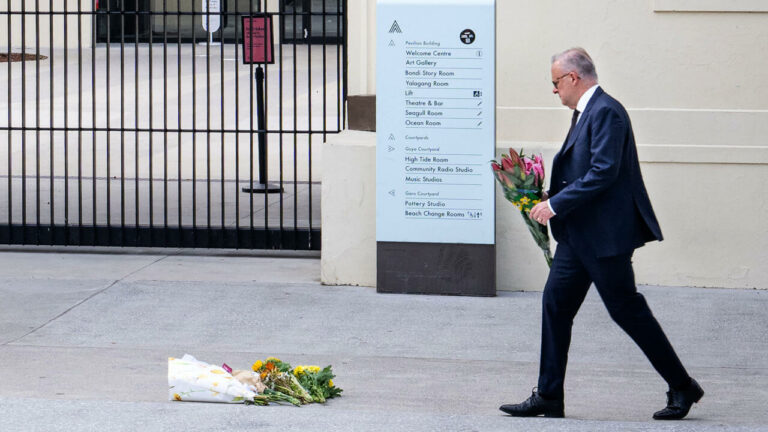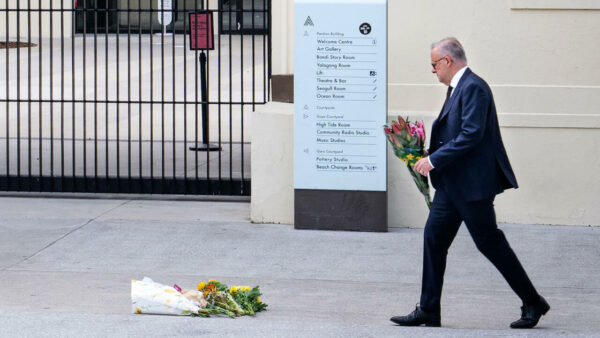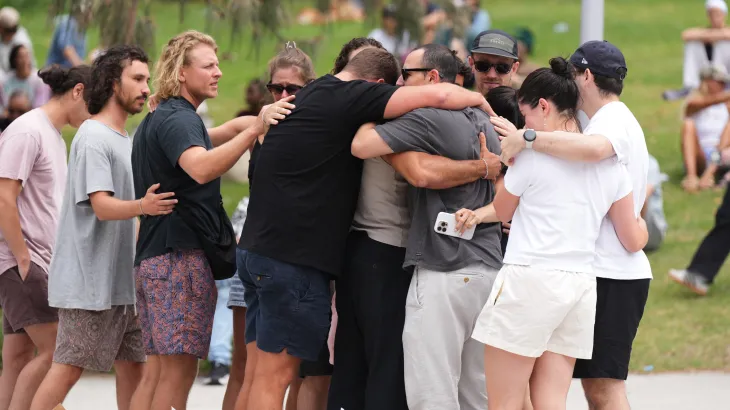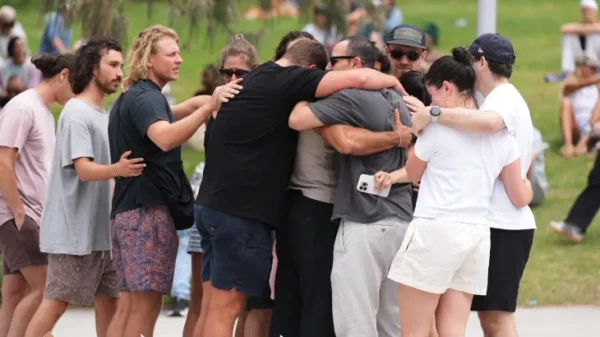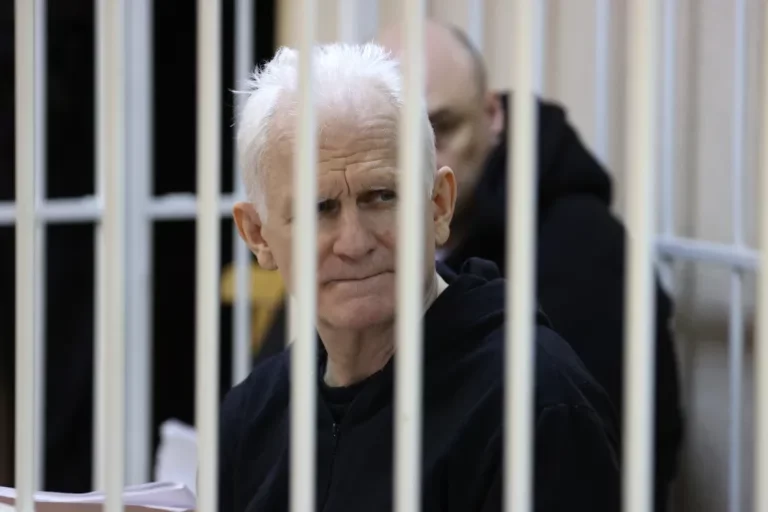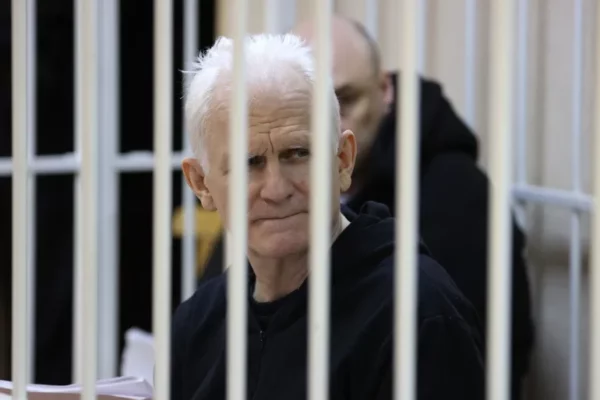In a separate bombshell rocking the capital this Christmas Eve, a newly unearthed internal email from a federal prosecutor has challenged President Donald Trump’s long-standing denials regarding his association with Jeffrey Epstein. The email reveals that the President traveled on the late sex offender’s private plane “many more times” than previously known.
The disclosure, released Tuesday as part of the Epstein Files Transparency Act, directly contradicts Mr. Trump’s past assertions that he was “never on” the infamous “Lolita Express.”

The ‘Situational Awareness’ Bombshell
The revelation comes from an email dated January 7, 2020, sent by an Assistant U.S. Attorney for the Southern District of New York. The prosecutor flagged a significant discrepancy between public records and the subpoenaed flight logs in their possession.
- The Frequency: The email states that flight records show Trump was listed as a passenger on at least eight flights between 1993 and 1996.
- The Witnesses: Critically, the prosecutor noted that on two of those flights, passengers included women who were identified as “possible witnesses” in the sex trafficking case against Ghislaine Maxwell.
- The Solo Trips: On one 1993 flight, the logs reportedly show that Trump and Epstein were the only two listed passengers.
The White House Response
The Justice Department issued a statement alongside the release, cautioning that some documents in the 30,000-page trove contain “untrue and sensationalist claims.” A spokesperson for the President dismissed the mentions as “unfounded and false,” asserting they were being weaponized for political purposes.
However, as the “Epstein Files” continue to be declassified, this internal 2020 communication provides the most concrete evidence yet of a relationship that was more extensive than the public—or even the DOJ—initially realized.


